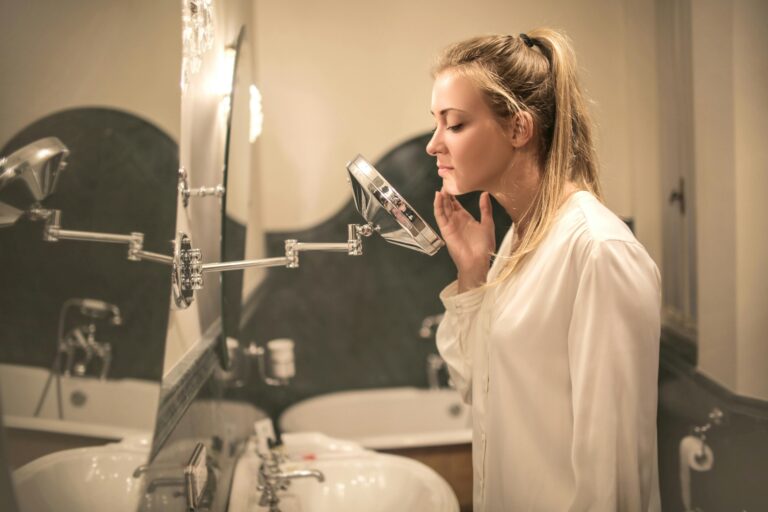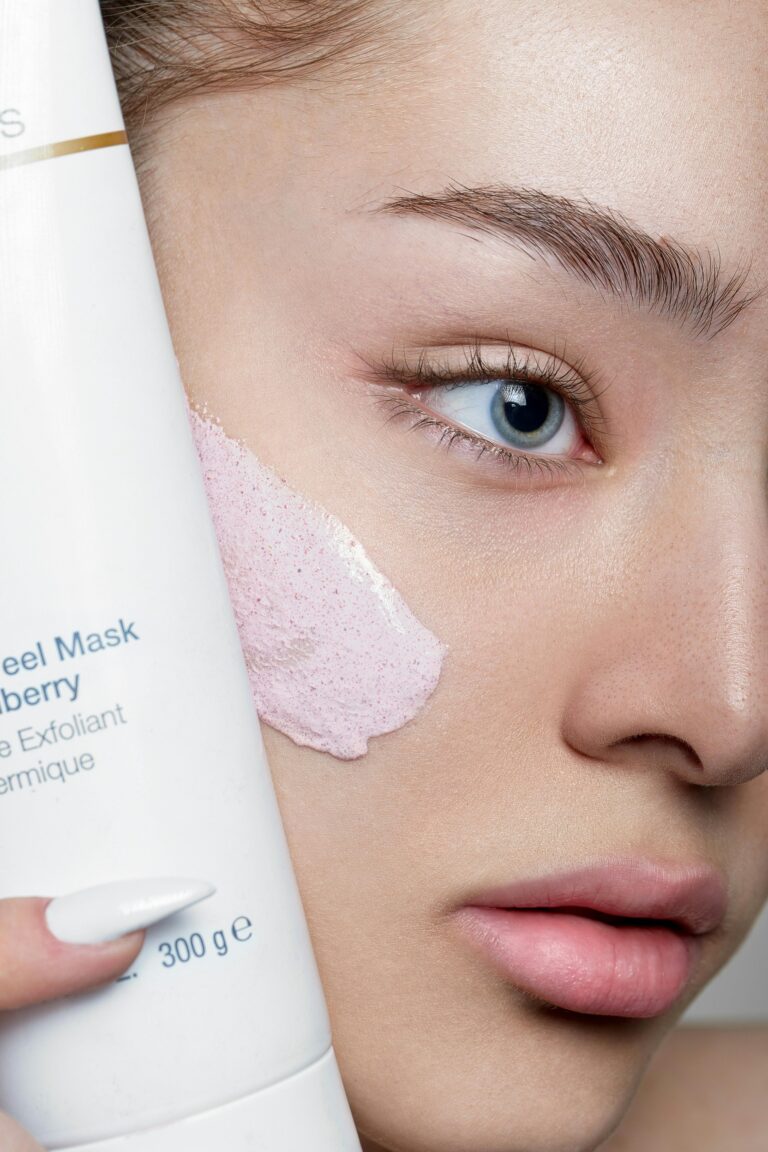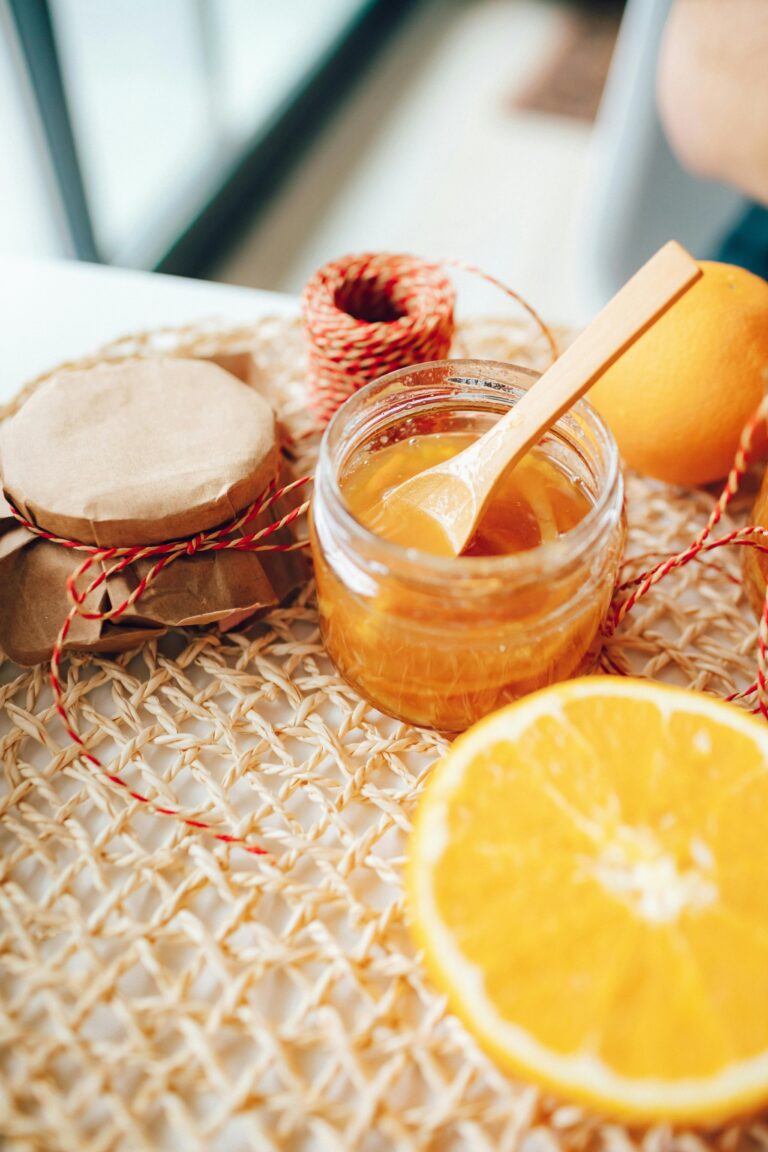The Importance of Sun Protection for Skin

Sun protection is paramount in maintaining healthy skin and preventing a range of skin-related issues. Exposure to ultraviolet (UV) radiation from the sun can have both immediate and long-term detrimental effects on the skin. Here’s a comprehensive look at why sun protection is so crucial:
1. Prevents Skin Cancer
UV radiation from the sun is the leading cause of skin cancer, which includes melanoma, basal cell carcinoma, and squamous cell carcinoma.
- Melanoma: The deadliest form of skin cancer, melanoma can develop in moles or appear suddenly as a dark spot on the skin.
- Basal Cell Carcinoma: This is the most common and least dangerous form of skin cancer which typically appears as a small, shiny bump on sun-exposed areas.
- Squamous Cell Carcinoma: Often arises from actinic keratosis (pre-cancerous skin lesions) and appears as a rough, scaly patch.
2. Prevents Premature Aging
Prolonged sun exposure accelerates the skin aging process, known as photoaging, which leads to:
- Wrinkles: UV radiation breaks down collagen and elastin fibers in the skin, causing it to sag and develop wrinkles.
- Age spots: Also known as liver spots or solar lentigines, these hyperpigmented areas become more pronounced with sun exposure.
- Loss of elasticity: Sun exposure can cause the skin to lose its firmness and develop a leathery texture.
3. Reduces the Risk of Sunburn
Sunburns can cause immediate pain and damage to the skin.
- Symptoms: Redness, swelling, blistering, and peeling are common signs of sunburn.
- Long-term Damage: Repeated sunburns increase the risk of skin cancer and contribute to premature aging.
4. Prevents Hyperpigmentation
Sun exposure can lead to uneven skin tone and persistent dark spots.
- Melasma: A condition characterized by brown patches on the face, often worsened by UV exposure.
- Post-inflammatory Hyperpigmentation: Dark spots that appear after an injury or inflammation, exacerbated by sun exposure.
5. Protection from Harmful UVA and UVB Rays
There are two main types of UV radiation that affect the skin:
- UVA Rays: These penetrate deep into the skin and are responsible for aging and long-term skin damage. They can penetrate through glass and clouds.
- UVB Rays: These affect the outer layers of skin, causing sunburns and playing a key role in developing skin cancer.
6. Maintaining Even Skin Tone
Consistent use of sun protection helps in maintaining an even skin tone by preventing tanning and discoloration caused by UV exposure.
How to Protect Your Skin from the Sun
Daily Sunscreen Use
- Broad-Spectrum Protection: Choose a sunscreen that offers broad-spectrum protection against both UVA and UVB rays.
- SPF 30 or Higher: Use a sunscreen with an SPF of at least 30 for everyday protection. For prolonged outdoor activities, opt for SPF 50 or higher.
- Application: Apply generously 15-30 minutes before sun exposure. Reapply every two hours, or more often if swimming or sweating.
Seek Shade
- Avoid Peak Hours: Limit sun exposure between 10 a.m. and 4 p.m., when UV rays are the strongest.
- Use Umbrellas and Shelters: Seek shaded areas to reduce direct exposure.
Wear Protective Clothing
- Clothing: Wear long-sleeved shirts, pants, and skirts made from tightly woven fabrics to block out UV rays.
- Hats: A wide-brimmed hat can protect your face, ears, and neck.
- Sunglasses: Invest in sunglasses with UV protection to safeguard your eyes and the surrounding skin.
Additional Considerations
- Water Resistance: Use water-resistant sunscreen for swimming or activities that cause sweating.
- Lip Protection: Don’t forget to apply a lip balm with SPF to protect your lips.
- Check Expiry Dates: Expired sunscreen may not provide adequate protection, so always check the expiry date before use.
Conclusion
The importance of sun protection for skin cannot be overstated. Consistent sun protection practices can prevent skin cancer, reduce premature aging, and maintain an even, healthy complexion. Incorporate sun protection into your daily routine to enjoy healthier, more resilient skin in the long run.






